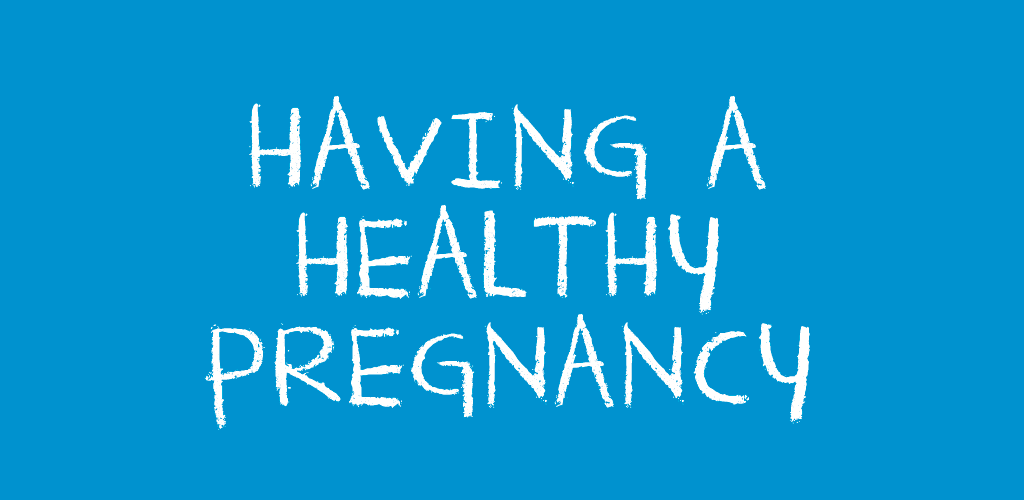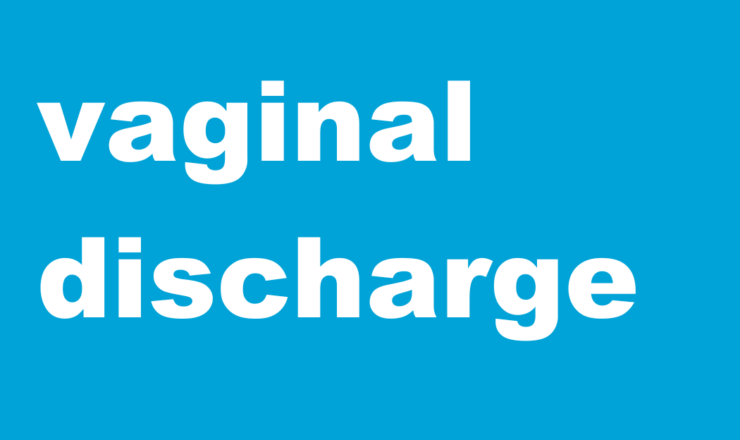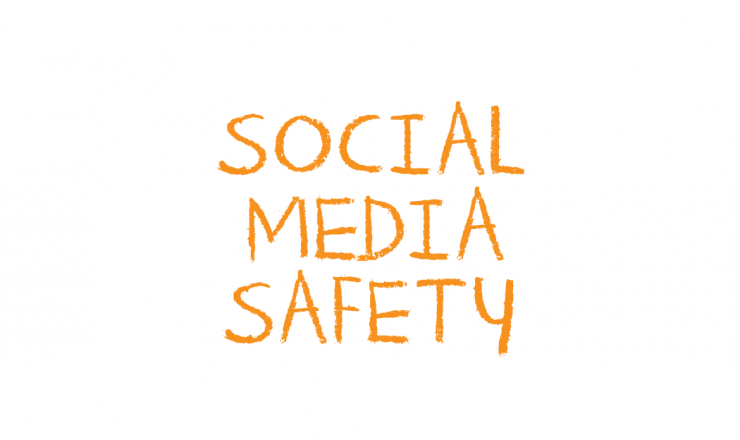Having a Healthy Pregnancy
You may experience a range of changes happening in your body while you are pregnant. This is also a time when it’s especially important to take care of yourself by eating well and doing things that are healthy for your body and your pregnancy. This page will give you more information about some of the symptoms you may experience and how to relieve them, as well as tips for having a healthy pregnancy.
What symptoms can I expect if I am pregnant?
- Every pregnancy is unique. Some people experience discomfort during pregnancy and others do not.
- During your pregnancy, you may experience:
- Tiredness
- Feeling dizzy or faint
- Swollen or tender breasts
- Constipation or gas
- Feeling sick to your stomach (nausea, morning sickness)
- Having to go pee a lot (frequent urination)
- Headache
- Cramps in the lower belly
- Backache
- Mood swings
What can I do to relieve my symptoms?
Frequent urination (peeing) can happen during the early months of your pregnancy because of hormonal changes and later because of the added weight of the uterus on your bladder. Here are some things you can do that may help:
- Avoid coffee, tea, and other caffeinated drinks
- Drink fluids earlier in the day and cut back in the evening for fewer night time visits to the bathroom.
- When you pee, try leaning a bit forward to help completely empty your bladder.
Nausea and vomiting (morning sickness) are most common during the early months and may take place in the morning or at any other time of the day. Here are some things you can do that may help:
- Eat small, frequent meals and snacks throughout the day so your stomach is never empty.
- Try eating several saltine crackers when you first wake up.
- Take your vitamins in the middle of the day on a full stomach.
- If the problem continues speak with your health care provider.
| Useful Tip |
| Spotting and cramping can happen for many different reasons. If you notice spotting or have cramping, see a health care provider as soon as possible. |
Why is it important to eat well when I am pregnant?
Because the foods you eat are broken down by your digestive system and absorbed into your bloodstream and will feed the fetus through the blood vessels in the umbilical cord.
What should I eat when I am pregnant?
Try to select foods from the 4 major food groups every day: dairy products; meat and protein alternatives; breads and cereals; and fruits and vegetables. With all of these things, check with your health care provider about what’s best for you.
- Protein is needed to develop tissues and blood. Meat, fish, poultry, milk and milk products (such as cheese, yogurt and ice cream) and eggs are excellent sources. Vegetarian/Vegan sources include lentils, beans with rice, and tofu. Try to get 2-3 servings every day.
- Calcium is needed to develop teeth and bones. One source of calcium is dairy products. Other foods rich in calcium include sardines, soybeans and nuts, and broccoli. Try to get 4 servings every day.
- Good sources of iron are red meats, fish, poultry, enriched breads/cereals and dried fruits.
- Folic Acid can help prevent birth defects. Try to take a daily vitamin which contains between 0.4 and 1 mg of Folic Acid. Good sources are nuts, eggs, green leafy vegetables, oranges and bananas, cauliflower, whole grain breads and cereals.
- Fruits and vegetables provide many vitamins and minerals. They may also help prevent constipation in pregnancy. Try to get 5-10 servings every day.
- Breads and cereals provide vitamins and fiber. Breads, bagels, rice, pasta and cereal are all good choices. Try to get 5-12 servings per day.
What should I try to avoid when I am pregnant?
- Alcohol
- Drugs, including over-the-counter and prescription drugs (unless they are recommended by your health care provider).
- Cigarettes
- Caffeine
What else can I do to take care of myself and my pregnancy?
- Stop taking hormonal birth control such as the pill, the ring or the patch as you find out you’re pregnant.
- Avoid changing cat litter.
- If you are HIV-positive, there are things you can do to significantly reduce the risk of passing on the virus to your fetus. Talk to your health care provider for more information.
- If you have a disability, you may also have unique needs that your health care provider can address.
Where can I find out more information?
For more information about having a healthy pregnancy, check out these websites:
If you have questions about this topic, feel free to contact one of our peer educators. [Link]
Last Edited: November 2022






